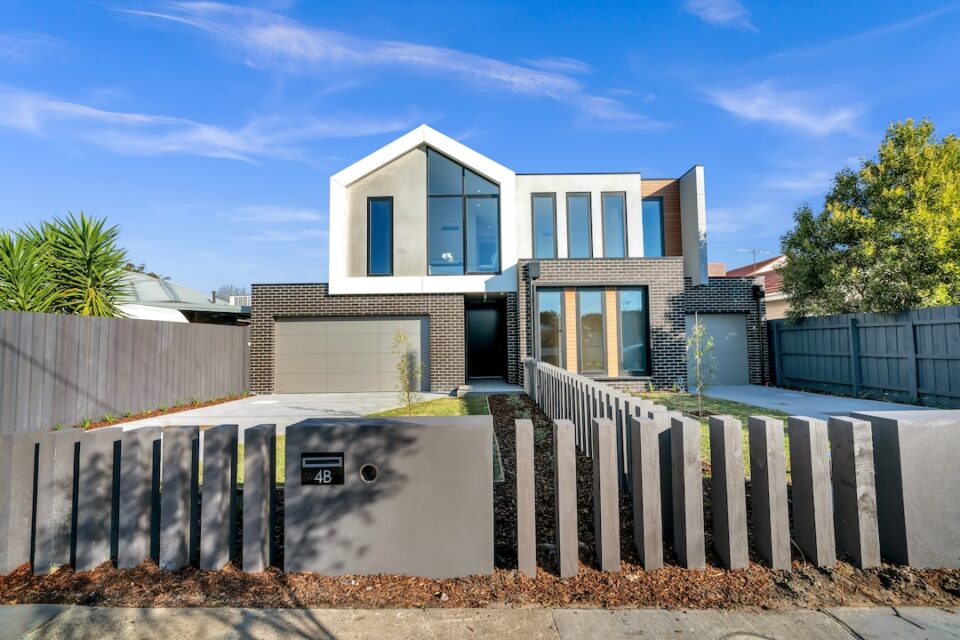Important Factors to Consider When Buying a Foreclosed Property
Buying a foreclosed property can be a great opportunity for homebuyers looking for a good deal. Foreclosures often sell for less than their market value, making them attractive to investors and first-time buyers alike. However, purchasing a foreclosed property comes with its own set of risks and challenges. It is essential to consider several factors before making a decision to ensure a successful and lucrative investment. In this blog post, we will discuss the important factors to consider when buying a foreclosed property.
1. Research the Property’s Condition: Unlike traditional homes, foreclosed properties might have been vacant for an extended period. As a result, they may suffer from neglect, damages, or even vandalism. Before buying a foreclosed property, conduct a thorough inspection, if possible, to evaluate its current condition. Identifying any potential structural issues, plumbing, electrical, or pest problems will give you a clearer picture of the property’s value and potential repair costs.
2. Understand the Auction Process: Many foreclosed properties are sold at public auctions. It is crucial to understand the auction process, including the rules, registration requirements, and payment terms. Auctions can be fast-paced and competitive, so it is essential to be well-prepared and have your finances in order. Attend a few auctions as an observer to gain familiarity with the process before participating as a bidder.
3. Know the Property’s Market Value: It is essential to research the market value of the foreclosed property you are interested in. Take into consideration the property’s location, size, condition, and comparable sales in the area. Understanding the market value will help you determine if the asking price is reasonable and if there is room for negotiation. Hiring a real estate agent or an appraiser can be helpful in obtaining an accurate estimate.
4. Determine the Financing Options: Financing a foreclosed property can be more challenging than a conventional purchase. Some lenders may require a larger down payment or have stricter loan requirements due to the property’s condition or title issues. It is crucial to explore your financing options early on and be prepared to provide additional documentation or meet specific criteria. Getting pre-approved for a loan can also increase the likelihood of a successful purchase.
5. Consider the Title and Liens: Before committing to buying a foreclosed property, it is essential to conduct a title search to uncover any outstanding liens or legal complications. Liens can include unpaid taxes, utility bills, or outstanding mortgage payments that the new owner may inherit. Engaging the services of a title company or attorney who specializes in handling foreclosure transactions can ensure a smooth and hassle-free process.
6. Research the Neighborhood: Buying a foreclosed property involves more than just evaluating the house itself. It is essential to research the neighborhood and consider factors such as crime rates, proximity to schools, transportation, and amenities. The neighborhood plays a significant role in determining the property’s value and its potential for future appreciation. Visiting the area at different times of the day can provide insight into the overall environment and help you make an informed decision.
7. Calculate Potential Renovation Costs: Foreclosed properties often require renovations or repairs, which can significantly impact your budget. It is crucial to estimate potential renovation costs accurately. Consider hiring a contractor to conduct a thorough evaluation and provide an estimate for the necessary repairs or improvements. Include these costs in your budget to ensure you have the financial capacity to complete the renovations and turn the property into a desirable home or rental property.
In conclusion, buying a foreclosed property can be a lucrative investment opportunity, but it is vital to consider several factors before making a decision. Researching the property’s condition, understanding the auction process, knowing the market value, exploring financing options, checking the title and liens, researching the neighborhood, and accurately calculating potential renovation costs are all essential steps in the buying process. By carefully considering these factors, you can make an informed decision and secure a successful purchase that meets your needs and investment goals.

